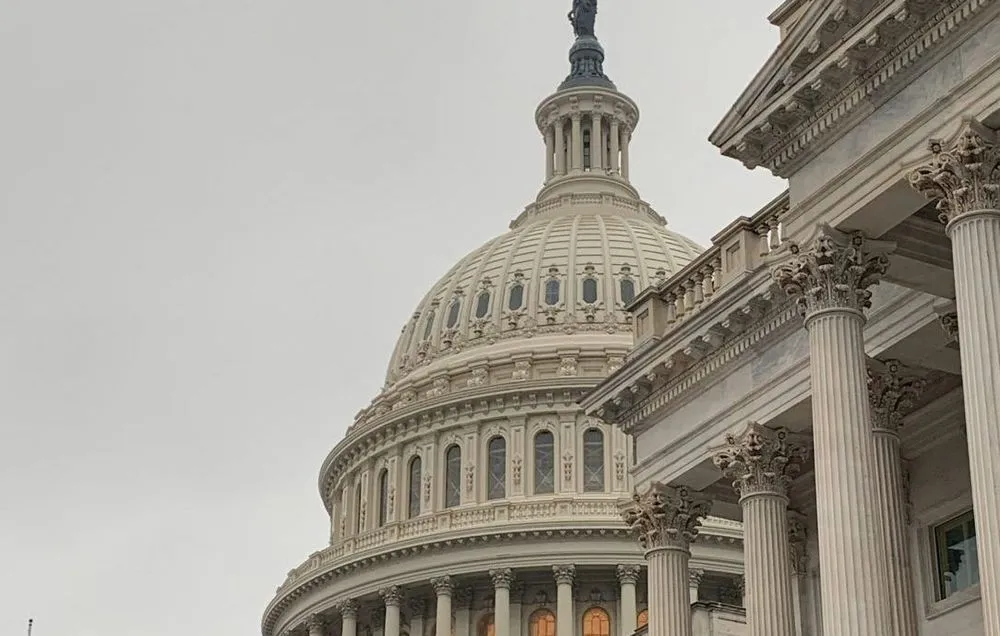The House passes Biden's $1.7 trillion budget plan, with millions in cybersecurity spending
The House on Friday voted along mostly party lines to approve President Joe Biden’s $1.7 trillion social and climate change bill, which devotes millions to cybersecurity programs throughout the federal government.
The House voted 220 to 213 to pass Biden's Build Back Better bill. One Democrat joined all Republicans in opposing the measure. The legislation now goes to the Senate, where its future is murky.
Similar to the bipartisan infrastructure legislation that passed lawmakers approved earlier this month and was signed into law by Biden this week, the spending bill is loaded with cybersecurity provisions.
It would give $500 million to the Cybersecurity and Infrastructure Security Agency, including $100 million to improve federal computer networks that aren’t considered national security systems.
The bill also provides the DHS cyber wing $100 to increase cybersecurity awareness, $50 million to improve computer cloud security and $50 million to strengthen the digital security of industrial control systems. Another $20 million would be spent on migration to the dot.gov domain by state and local governments.
If approved by the Senate, the package would mark another major cash infusion for CISA, which received the bulk of the nearly $2 billion in digital expenditures in the infrastructure bill and $650 million from the American Rescue Plan Act earlier this year.
The social spending legislation also includes $80 million for FEMA to help local governments with their cybersecurity training and recruitment and $50 million for a program called CyberSentry, which is focused on protecting critical infrastructure systems against hackers.
Now that the bill, a cornerstone of Biden's agenda, has squeaked through the House all attention turns to the Senate, where its path forward is uncertain..
It’s unclear if Democratic centrists Joe Manchin (W.Va.) and Kyrsten Sinema (Ariz.) will ultimately back the measure. Democrats can't afford to lose a single member of their caucus in the 50-50 Senate.
In addition, the upper chamber’s parliamentarian is expected to weigh in on what policies can be included in the legislation.
Democrats are trying to sidestep Senate Republicans on the spending plan, so they must comply with the rules governing reconciliation, a rarely-used budget process that would allow them to avoid a filibuster.
The parliamentarian provides guidance to senators on if the policies meet the Byrd rule, named after the late Sen. Robert Byrd (D-W.Va.), that restricts what can make it into a reconciliation bill.
If a certain policy doesn't comply with that rule, it is stripped out of the bill.
“As soon as the necessary technical and procedural work with the Senate Parliamentarian has been completed, the Senate will take up this legislation,” Senate Majority Leader Chuck Schumer (D-N.Y.) said in a statement after the bill passed the House.
Martin Matishak
is the senior cybersecurity reporter for The Record. Prior to joining Recorded Future News in 2021, he spent more than five years at Politico, where he covered digital and national security developments across Capitol Hill, the Pentagon and the U.S. intelligence community. He previously was a reporter at The Hill, National Journal Group and Inside Washington Publishers.



